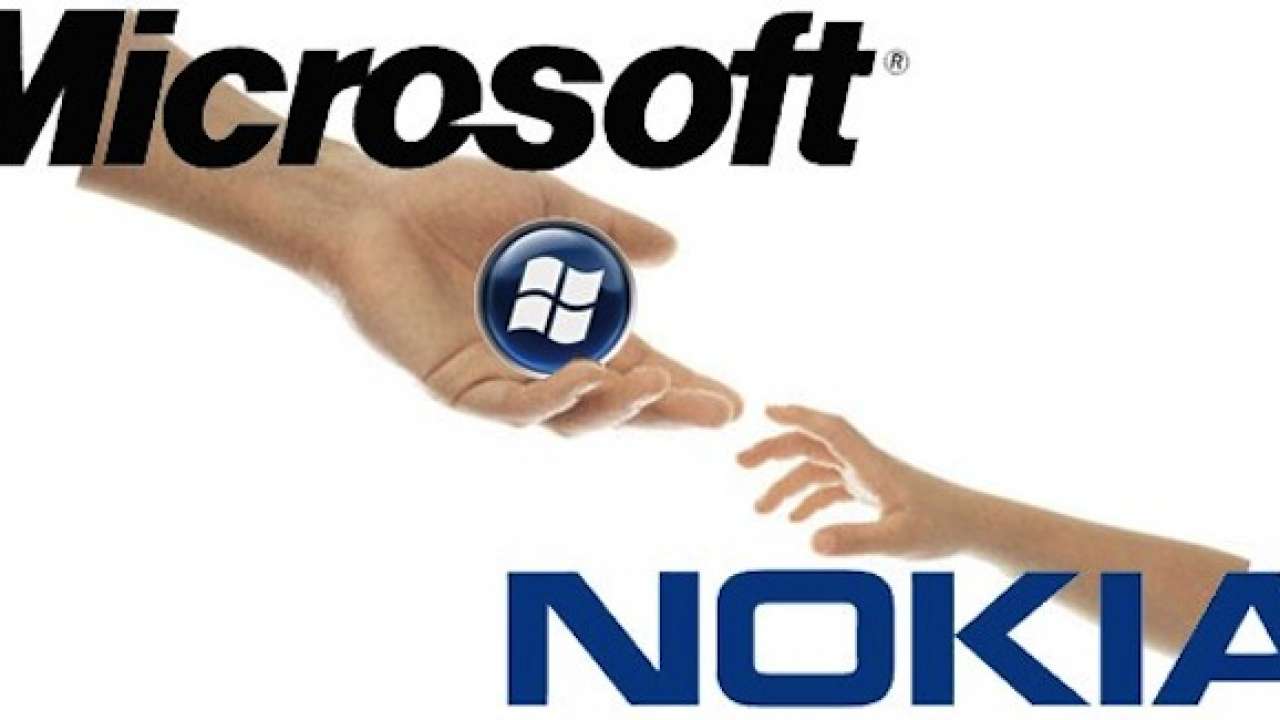Microsoft Didn't Have A Choice When It Came to Acquiring Nokia

By you have probably heard the news that Microsoft acquired Nokia for $7.2 billion. People are quickly calling it “the deal that makes no sense,” others are pointing out the fact that nobody will ever license Windows Phone or Windows RT now. While it’s most likely true that no one will be licensing Windows Phone or Windows RT anymore, I think this deal makes sense for Microsoft.
Let me explain.
First, let’s be clear, I think Microsoft needed to make this deal more than we realize. In other words, I’m saying, I don’t think they had a choice. The operating systems of the future are free, there is no money in licensing software anymore for Microsoft, especially as PC sales decrease significantly. Microsoft cannot compete with free on a massive scale if it’s charging licensing fees for Windows Phone and Windows RT.
It’s not about being more like one company and less like another. It’s actually the opposite. Microsoft needs to be the perfect mix of Google and Apple, which is exactly what they are trying to do here.
Microsoft has said it themselves, they want to be a devices and services business. Well, in order to do that, they really need to start selling more devices, a lot more. The root of the problem for Microsoft right now when it comes to mobile (smartphones and tablets) is that they don’t sell enough devices, nor do they have enough partners to make money off the licensing. I’m guessing the thinking here is if Microsoft has a devices business of its own, that will help push its services, which at the end of the day, will then help its bottom line. That being said, Microsoft needs to sell a ton more Windows devices to be able to make money off services.
Google’s strategy works because Android is on a shit-ton of devices (excuse my language), so they can easily sell their services, get people using their search engine, and make money. Apple is in an interesting position in relation to the other two tech giants, it doesn’t offer many services (though I have a feeling that will change soon), but makes a boatload of money off device sales and through its vast ecosystem of content and apps. Both iOS and OS X are on every device and are exclusive to Apple and both operating systems are practically free for all users. New versions of iOS are always free and new versions of OS X are a nominal fee ($29).
Microsoft wants to focus on devices like Apple (hence the Nokia acquisition) and Microsoft wants to get people using their services to make money off them like Google. We already know Microsoft is looking to charge less for Windows, the upcoming Windows 8.1 update is free for Windows 8 users, that alone is telling of the company’s future plans and strategy. Make no mistake though, this is a last ditch effort by Microsoft to remain relevant in the consumer market (aside from Xbox — and we’ll have to see how the Xbox One fares) and it needs to work out in the company’s favor or we may be having a very different conversation in a few years time.